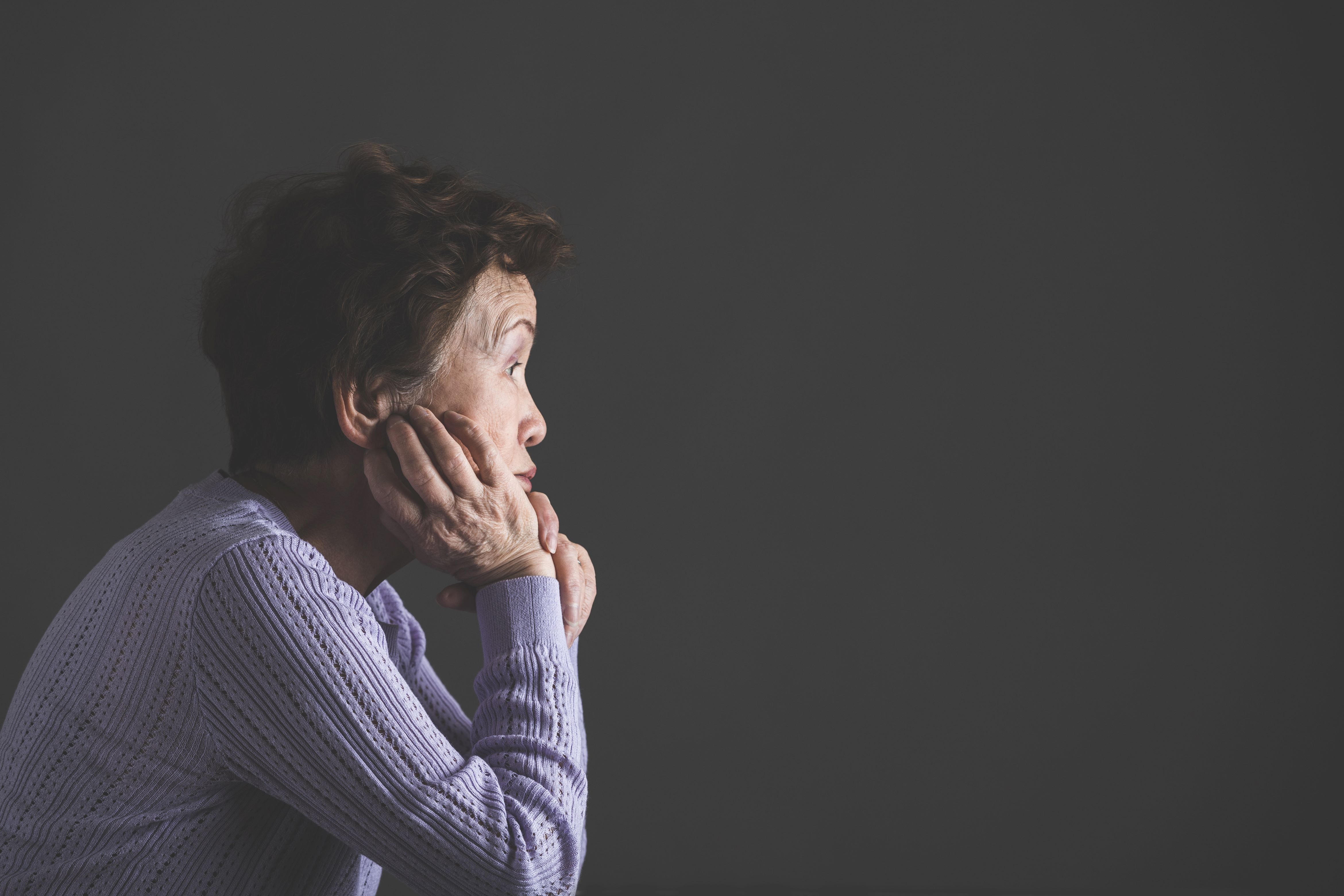On May 3, 2024, the Office of the Surgeon General issued an advisory, sounding the alarm about the devastating impact of the loneliness and isolation epidemic in the United States. The report cited studies showing that poor social connection increased the risk of heart disease, stroke, and dementia among older adults by 29%, 32%, and 50% respectively. The risk for premature death is increased by 60% among persons lacking social connection. While loneliness and social isolation can affect anyone across their lifespan, older adults are particularly vulnerable due to a myriad of factors such as poor physical and mental health, lack of mobility, institutionalization, cognitive decline, loss of spouse and friends, economic constraints, caregiving responsibilities, and environmental factors. Lesbian, gay, bisexual, transgender, and queer (LGBTQ+) older adults experience the same health risks as the general population, however, they also encounter an additional set of health risks primarily due to lingering social stigma and marginalization, which can further exacerbate loneliness and social isolation.
LGBTQ+ older adults face greater risks for loneliness and social isolation compared to their non-LGBTQ+ counterparts due to several factors. The lifelong experiences of discrimination can result in strained family relationships and reduced social networks. Many LGBTQ+ older adults may be estranged from their families, including their children, due to their sexual orientation or gender identity. Higher rates of being single, divorced, or widowed among LGBTQ+ older adults often mean they lack the close companionship that can mitigate loneliness. A sub-segment of LGBTQ+ older adults may have less access to supportive community resources, especially if they live in areas without robust LGBTQ- friendly services. Chronic health conditions (e.g., cardiovascular diseases and diabetes) prevalent among older adults can be exacerbated by the increased allostatic load and lack of social support specific to LGBTQ+ individuals, leading to increased isolation.
A 2018 national survey on loneliness and social connection conducted by the AARP Foundation reported that LGBTQ+ status influences feelings of loneliness. Midlife and older adults who identify as LGBTQ+ experience higher rates of loneliness (49%) compared to their non-LGBTQ+ counterparts (35%). Individuals who have never married or are divorced or separated are generally lonelier than those who are married, although the quality of the marriage also impacts loneliness levels.
The LGBTQ+ pride celebration observed all over the world is a time to reflect that LGBTQ+ people, including older adults, have not been passive victims of discrimination and prejudice. Addressing loneliness and the lack of social connection should recognize the health protective benefits of resiliency competence that many older adults possess.
The Surgeon General, Dr. Vivek Murthy, urges action to tackle the loneliness and isolation public health crisis and outlines a framework for a national strategy to enhance social connection based on six foundational pillars: strengthen social infrastructure, enact pro-connection public policies, mobilize the health sector, reform digital environments, deepen our knowledge, and cultivate a culture of connection. It is within these pillars that nurses can practice to the fullest extent of their education and competencies, to cultivate a culture of authentic human connection, not just during the pride month, but in our day-to-day interactions with LGBTQ+ older adults.
----------

 Donation
Donation
